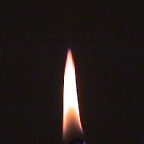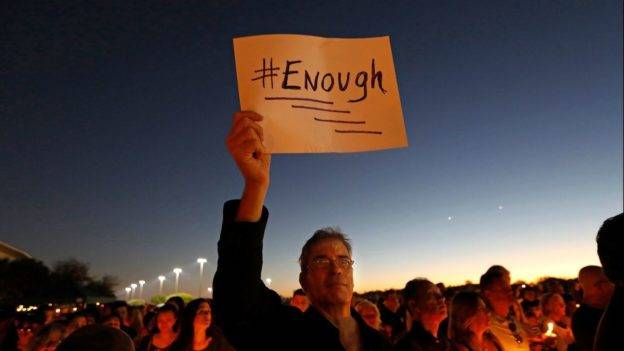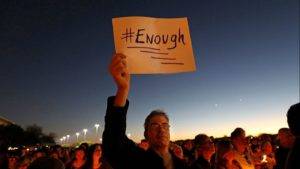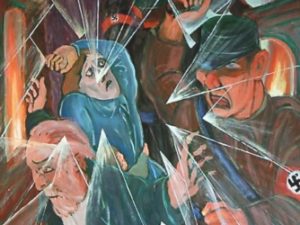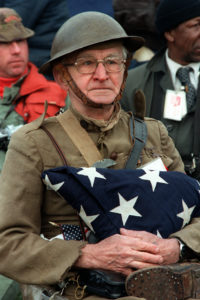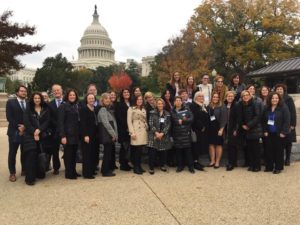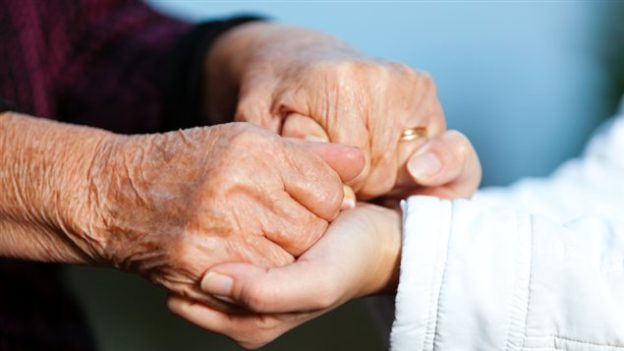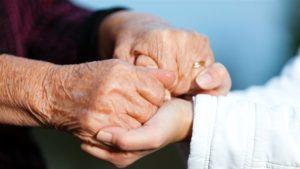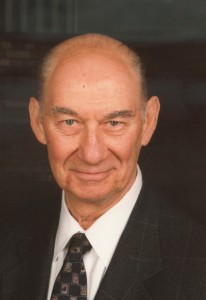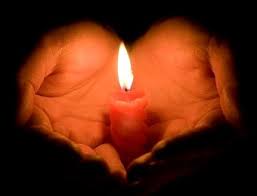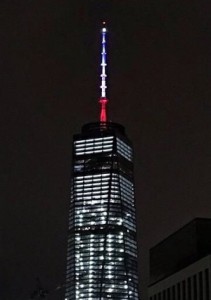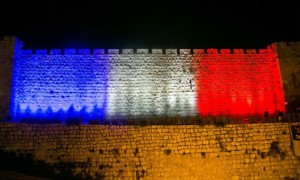
Maerten van Heemskerck
“Nachamu, Nachamu Ami”- Take comfort, my people. So begins Isaiah 40, the readings we use for the Shabbat after Tisha B’Av.
Tisha B’Av is a day of deep sorrow, for so many of the catastrophes that have befallen the Jewish people are linked to this day. We fast and read the book of Lamentations recalling the destruction of the First Temple.
The prophet’s urging to take comfort seems more than for us to be consoled in our time of grief. It urges us to look beyond our grief. For we will rise up, continuing life continuing the ongoing work as partners in God’s creation in spite of, or perhaps because of the loss that we encounter. We will remember, but we are exhorted to move forward both as individuals and as a people. The world will go on and we must take our place to continue to build.
History has shown that out of the ashes, like a phoenix, we will rise up. Carrying our memories of what was lost, we will create new memories. As we commemorate the losses marked on Tisha B’Av, we also take tentative but deliberate steps forward out of our grief towards our tradition’s aspirations of a better world that we work to create and we find our comfort through this renewed purpose.
When we rise from Shiva, we are instructed to go outside and walk around the block. This is symbolic of our reentering the world. Changed because of our loss, but compelled to move forward honoring the memory of the loved one lost, or in this case, the loss befallen upon our people. The values we hold dear; caring for the widow and stranger, clothing the naked and feeding the hungry are the cornerstones for the ongoing work of Tikkun Olam and creation that is ever-present. We must also vote; for voting is our most precious special franchise granted to all who are blessed to live in the United States. We can leverage our work through elected representatives fighting for us to achieve our vision of a better world.
We rise not only with our voices but with our actions. For ours is to pray with our feet, as Rabbi Heschel once said. We can make our country and our world a better and more compassionate place through our actions. Nachamu, Nachamu Ami.

